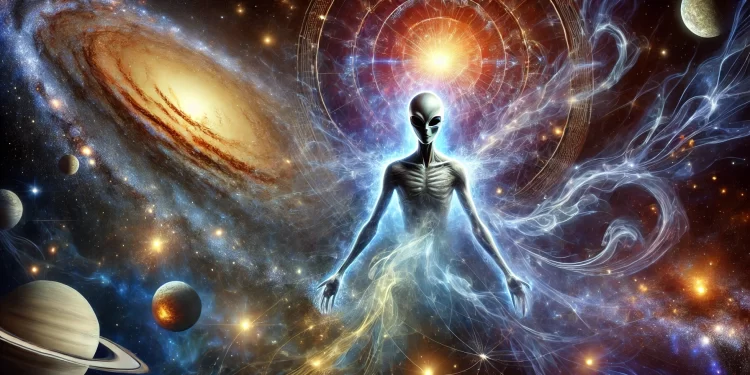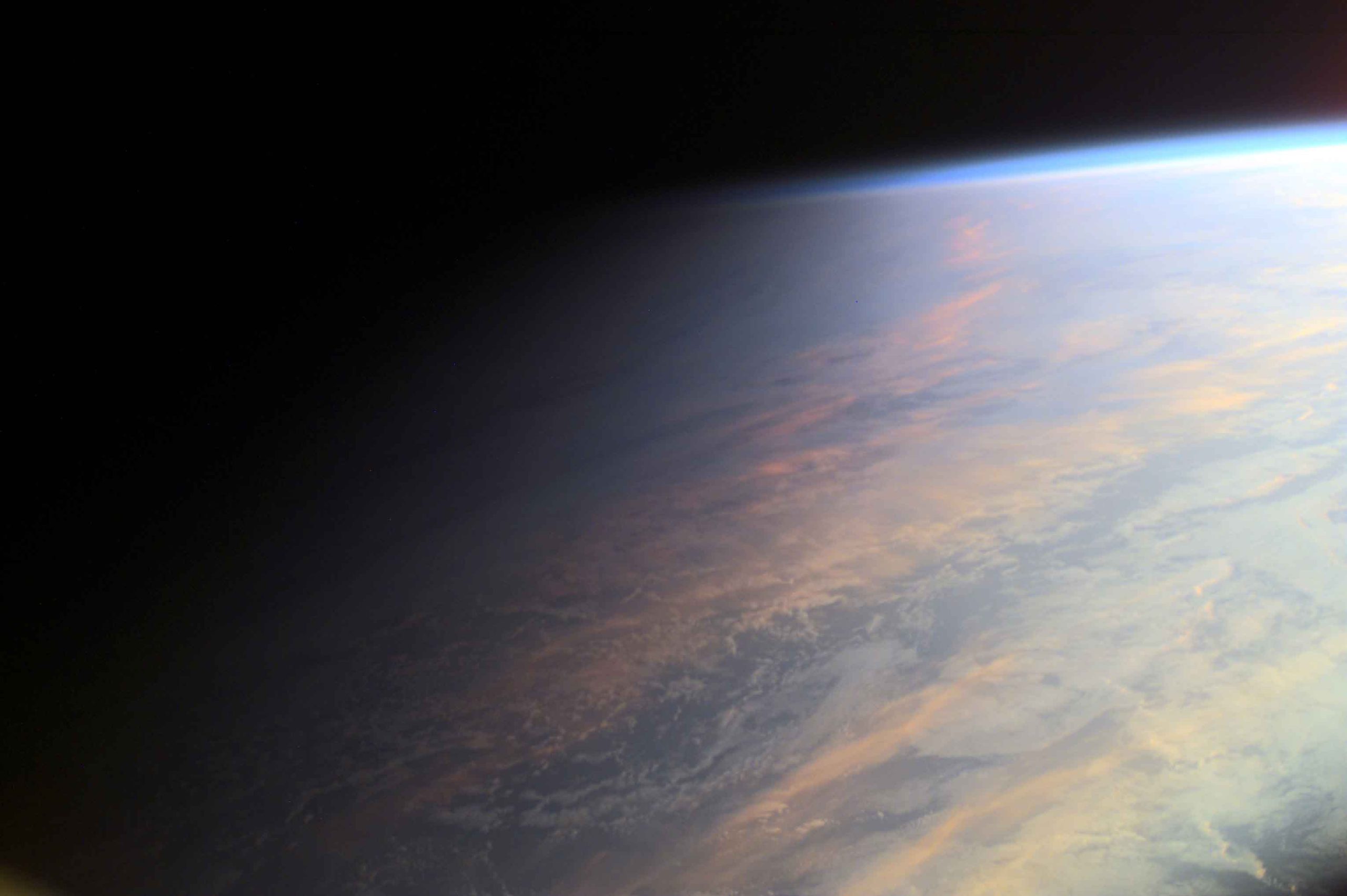The question of whether alien life forms could possess consciousness, like humans, has long fascinated scientists and thinkers alike. But what might this consciousness actually look like? Could extraterrestrial beings experience emotions such as love, empathy, fear, or anger? It’s a mystery that spans both science fiction and cutting-edge neuroscience.
As explained by Popular Mechanics, in popular culture, the depiction of alien life ranges from the logical, emotionless Spock to the warm, childlike innocence of E.T. But these representations are not purely fictional. They reflect a deep-rooted human hope that if we ever encounter intelligent beings from beyond Earth, they will have minds like ours—conscious, capable of understanding, and perhaps even eager to communicate or collaborate. But how likely is this scenario? What are the odds that if we do tumble upon alien life in our solar system, these “entities” will be biological in nature? Given the immense toll of space travel, how likely is it that a biological form can cross vast distances, assuming that these alien beings came from a solar system other than ours?
Panpsychism: The Universe’s Hidden Consciousness?
Christof Koch, a prominent neuroscientist in the field of consciousness studies, believes that alien consciousness is not only possible but likely. “Any complex system, whether it evolved on Earth or elsewhere, could be conscious,” he explained to Popular Mechanics. What’s even more intriguing is how this consciousness might manifest itself—could it involve emotions, self-awareness, or something completely beyond human comprehension?
To answer such questions, Koch points to panpsychism, an ancient philosophy that posits consciousness as a fundamental feature of the universe. Much like gravity or electromagnetism, consciousness, according to this theory, may be everywhere, even in the most unexpected places. Dating back to the days of ancient Greek thinkers like Thales and Plato, this concept has reemerged as modern science grapples with explaining consciousness. Rather than trying to explain consciousness as a byproduct of physical processes, panpsychism flips the question on its head. What if consciousness is a basic building block of the universe?
Koch suggests that embracing this theory might help us solve the “hard problem of consciousness”—understanding how a brain, a physical structure made of neurons, can create subjective experiences. This rethinking requires a departure from the past 400 years of scientific thought, which mostly ignored concepts like panpsychism. Perhaps the best thought experiment to explore these ideas? Imagining alien consciousness. As weird as that might sound.
Alien Consciousness: A World Beyond Human Understanding?
According to Paul Davies, a theoretical physicist and cosmologist, alien consciousness might be entirely different from what we know. It could operate on principles we can’t even fathom, making communication with extraterrestrial beings an incredible challenge. In my opinion, their entire existence, not just their consciousness could be something we barely could even recognize.
Now, when we think of alien life, we often imagine actual living beings. Many people believe extraterrestrials have already visited Earth, with some even convinced that they’ve been in indirect contact with our species for thousands of years. However, I hold a different view. I believe that if alien life ever did reach our planet, it wouldn’t be biological in nature. Instead, we would likely encounter probes or fully autonomous spacecraft, equipped with highly advanced artificial intelligence. This AI could be so sophisticated that it might even possess a form of self-awareness or consciousness.
Some researchers, like Susan Schneider, a cognitive scientist, argue that advanced alien civilizations may have moved beyond biological forms altogether. Instead of organic brains, these beings could use artificial intelligence, which would revolutionize how we think about consciousness. Imagine, for instance, an intelligence with no body or physical form, one that exists as pure thought or energy.
Even wilder speculations suggest that alien beings could take forms we haven’t even considered. Philip Goff, a philosopher at Durham University, entertains the idea of gaseous forms of consciousness. Though these ideas might seem far-fetched, Goff argues that mathematics could provide a universal language for communicating with these beings. Panpsychism, he explained to Popular Mechanics, doesn’t exclude the possibility of telepathy or other forms of communication that transcend physical limitations.
Could Psi Phenomena Be the Key to Alien Minds?
Some experts take this notion even further. Dean Radin, a scientist at the Institute of Noetic Sciences, believes that psi phenomena—telepathy, precognition, or psychokinesis—might offer a clue to understanding alien consciousness. These phenomena, which are not currently explained by mainstream science, could be part of the broader reality that panpsychism seeks to explain.
If psi phenomena (parapsychology) are real, they could indicate that consciousness is not bound by the physical brain and may be something far more expansive than we currently understand.
A Divided Scientific Community
Despite these fascinating ideas, many experts remain skeptical. Seth Shostak, a senior astronomer at the SETI Institute, believes consciousness is simply an evolutionary adaptation that helps organisms survive. According to Shostak, intelligence requires structured systems, like brains, which may not be common in the universe. “You’ll only hear from those who can build a radio transmitter,” Shostak explains, suggesting that the truly intelligent beings out there are those who have developed technology.
But what if there are other forms of intelligence that we simply can’t perceive yet? Could there be life forms out there whose consciousness doesn’t fit within our current understanding of intelligence or communication? As we continue searching for extraterrestrial life, the question of alien consciousness remains open. Whether we discover beings that resemble us in thought or encounter entirely new forms of awareness, our exploration of consciousness—both human and alien—may change the way we understand our place in the universe.











